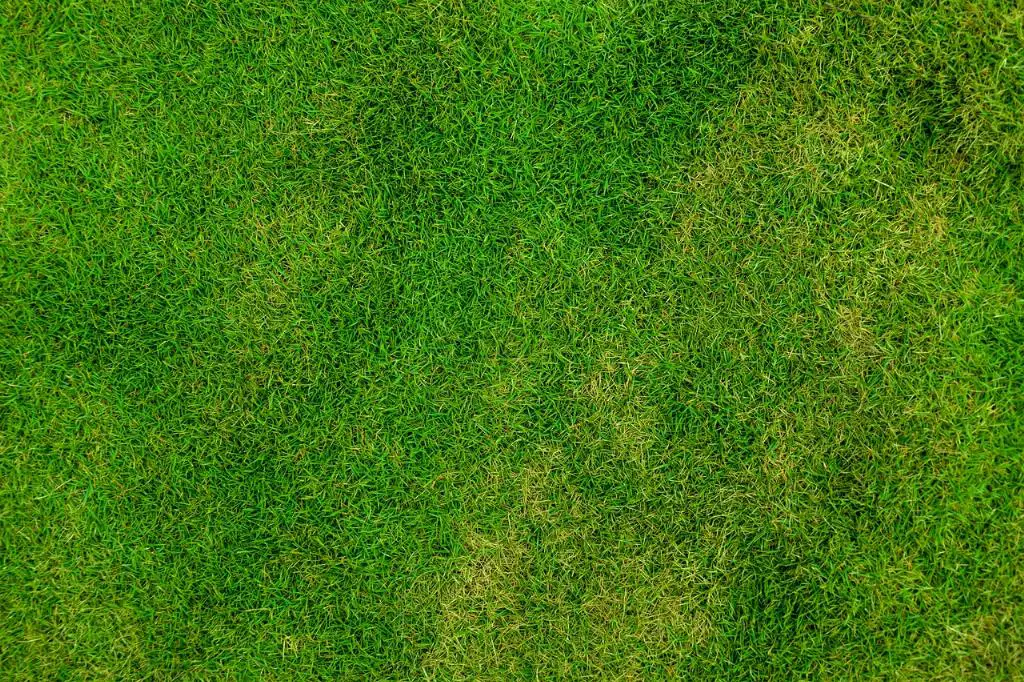Seeing mushrooms sprouting in your lawn can be both surprising and concerning, prompting you to wonder why they have appeared in the first place. Understanding the reasons behind the presence of mushrooms can help put your mind at ease and guide you in managing them effectively.
The Role of Fungi in Lawn Ecosystems
Fungi play a vital role in the ecosystem of your lawn, breaking down organic matter and aiding in the decomposition process. Mushrooms are the visible fruiting bodies of fungi, indicating that there is a rich environment of organic material beneath the surface of your lawn that fungi are feeding on.
Factors Contributing to Mushroom Growth
Several factors contribute to the growth of mushrooms in your lawn. Fungi require a hospitable environment, which includes warmth and humidity. Excess moisture, such as heavy rainfall or overwatering, creates the perfect conditions for mushrooms to thrive and appear on the surface of your lawn.
Soil Health and Mushroom Growth
The presence of mushrooms in your lawn can be indicative of the health of your soil. Active and thriving soil ecosystems often support the growth of fungi and mushrooms. While the sight of mushrooms may initially be concerning, it shows that your soil is alive and functioning as it should.
Types of Fungi in Your Lawn
It’s essential to note that the vast majority of fungi that produce mushrooms in your lawn are harmless. There are countless species of fungi, and those that manifest as mushrooms in your turf are typically not harmful to humans, pets, or the grass itself.
The Impact on Lawn Health
While the presence of mushrooms may not directly harm your lawn, they can indicate underlying issues that need attention. In some cases, mushrooms could be a sign of compacted soil, poor drainage, or excessive thatch buildup, all of which can impact the overall health of your lawn.
Managing Mushroom Growth
If the presence of mushrooms in your lawn concerns you, there are ways to manage their growth effectively. Improving soil drainage, reducing thatch accumulation, and adjusting your watering practices can help create less favorable conditions for mushrooms to thrive.
Preventing Mushroom Infestations
To prevent recurring mushroom growth in your lawn, consider aerating the soil to improve drainage and reduce compaction. Regularly removing fallen leaves and debris can also help limit the organic matter available for fungi, decreasing the likelihood of mushrooms appearing.
Chemical-Free Solutions
Opting for natural and chemical-free solutions to manage mushroom growth can be beneficial for the overall health of your lawn and the environment. Utilizing organic fertilizers, promoting healthy soil biology, and practicing proper lawn care techniques can create a balanced ecosystem that minimizes mushroom infestations.
Observing Natural Processes
It’s important to remember that mushrooms are a natural part of your lawn’s ecosystem and serve a vital function in breaking down organic material. By observing and understanding these natural processes, you can develop a deeper appreciation for the complexity and interconnectedness of your lawn’s environment.
Seeking Professional Advice
If you’re unsure about how to manage mushrooms in your lawn or suspect underlying soil issues, consulting with a professional landscaper or horticulturist can provide valuable insights and guidance. They can offer tailored recommendations to address specific concerns and help you maintain a healthy and vibrant lawn.
Embracing the Diversity of Your Lawn
Ultimately, the presence of mushrooms in your lawn is a reminder of the rich biodiversity and natural processes at work beneath the surface. By embracing the diverse ecosystem of your lawn, you can cultivate a deeper connection with nature and create a vibrant outdoor space that thrives in harmony with its environment.

